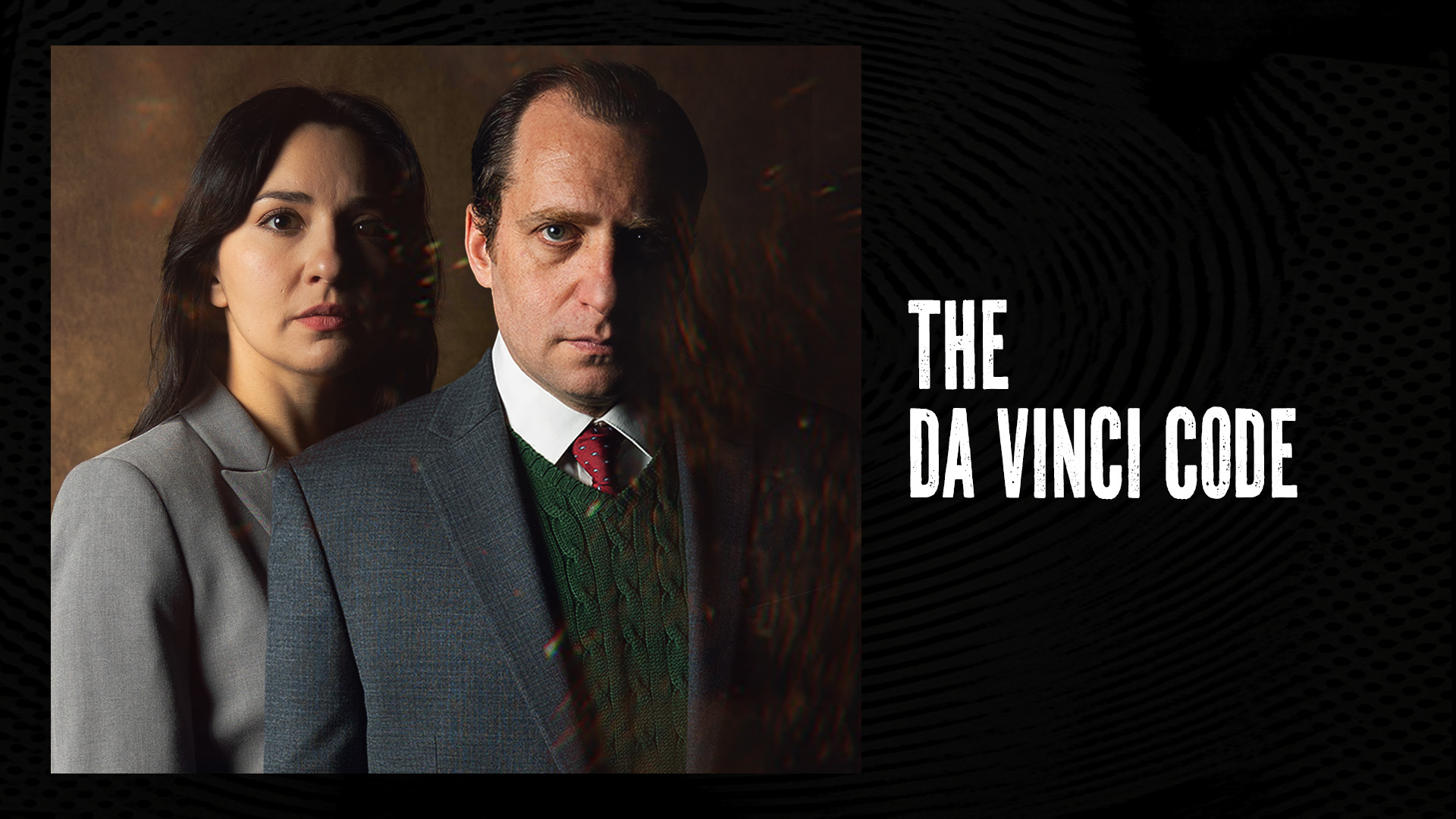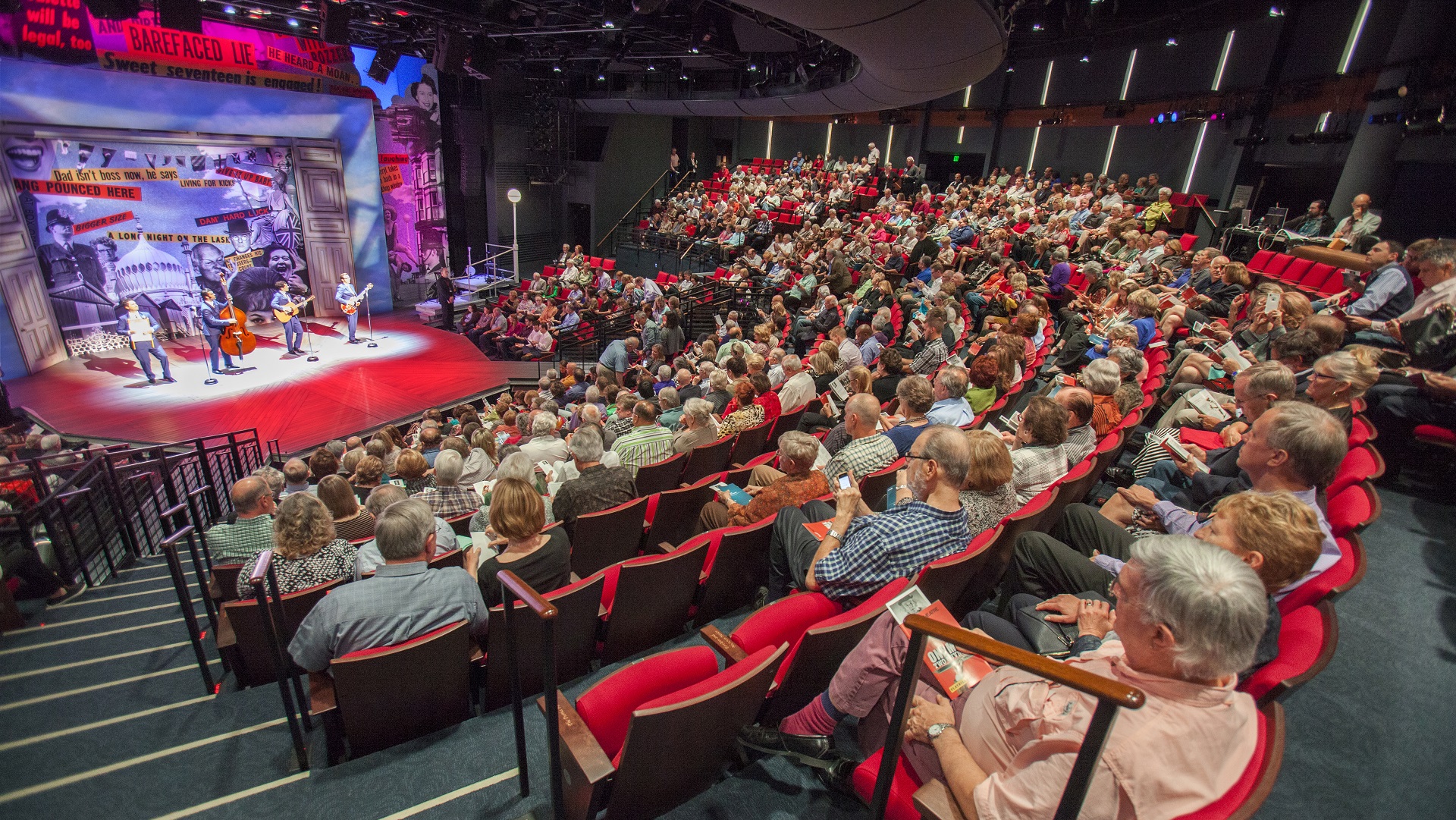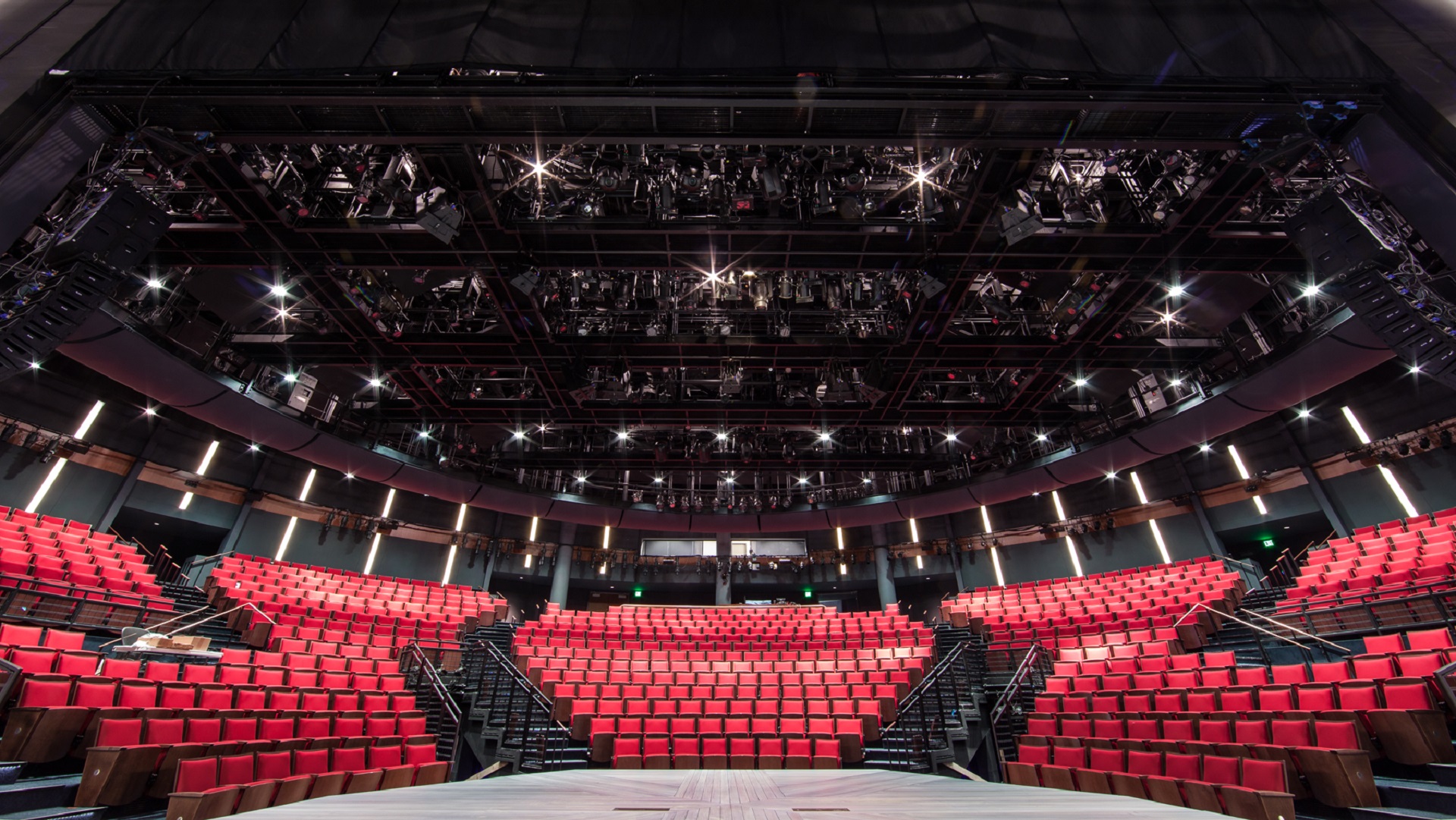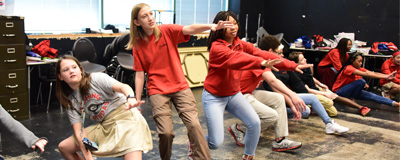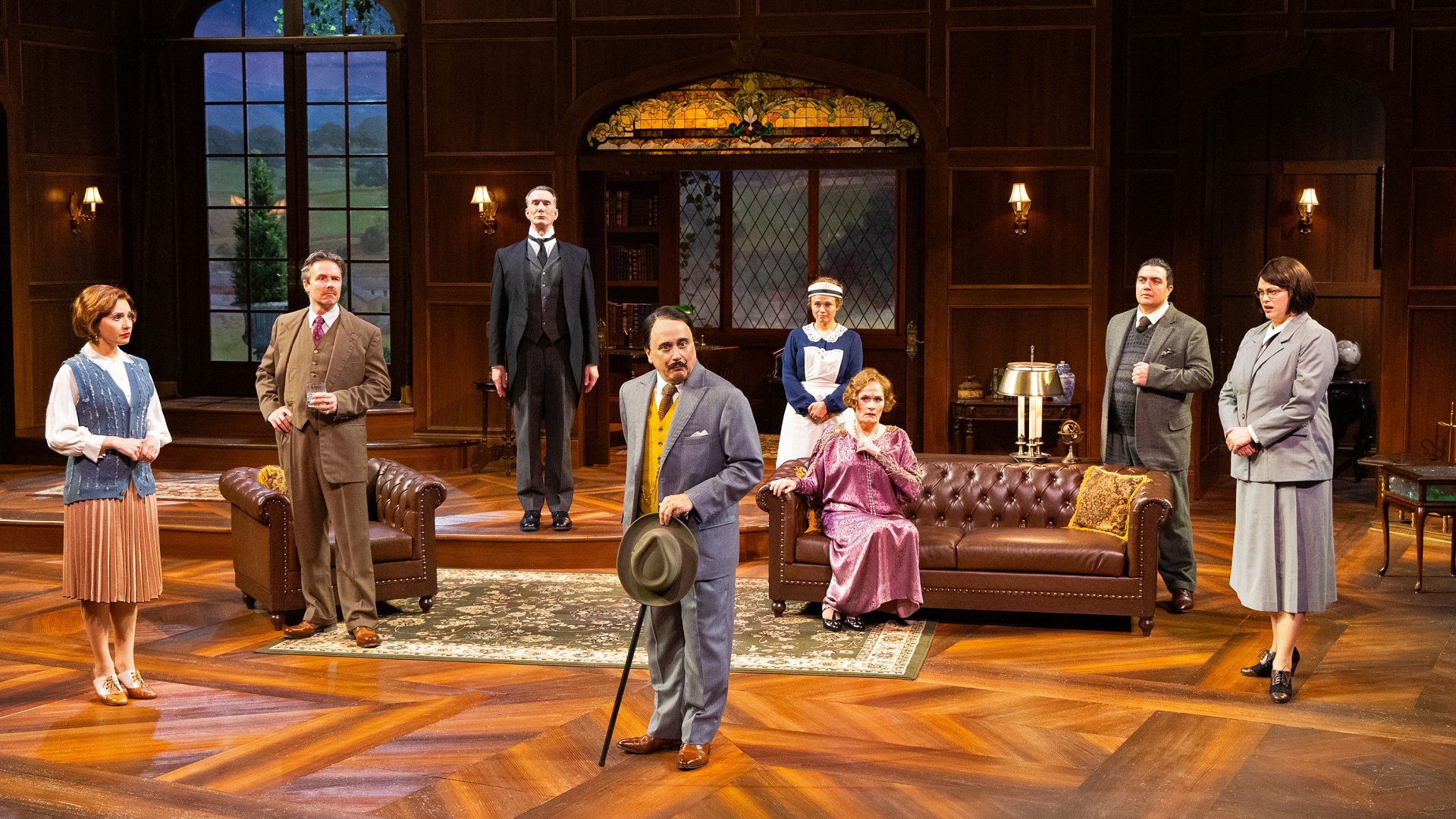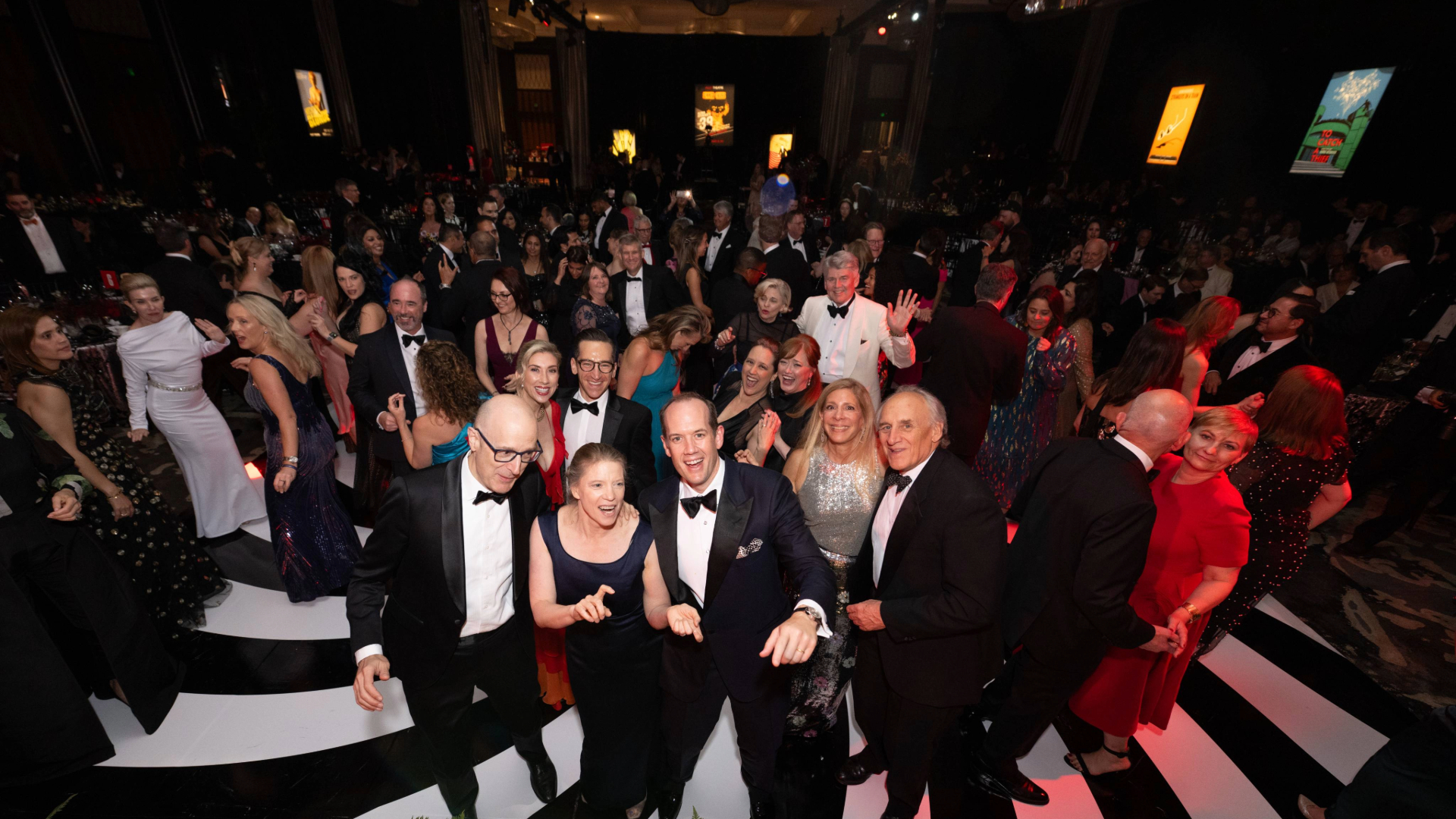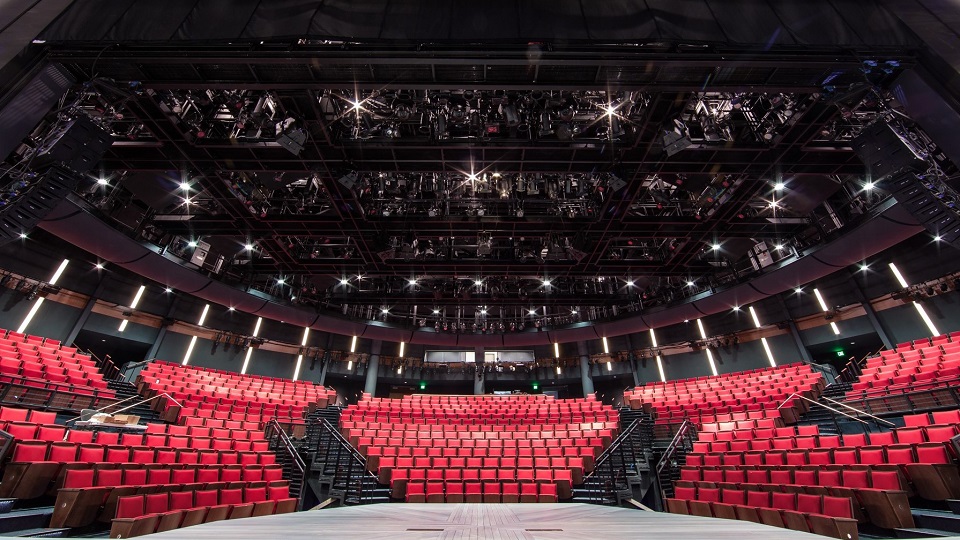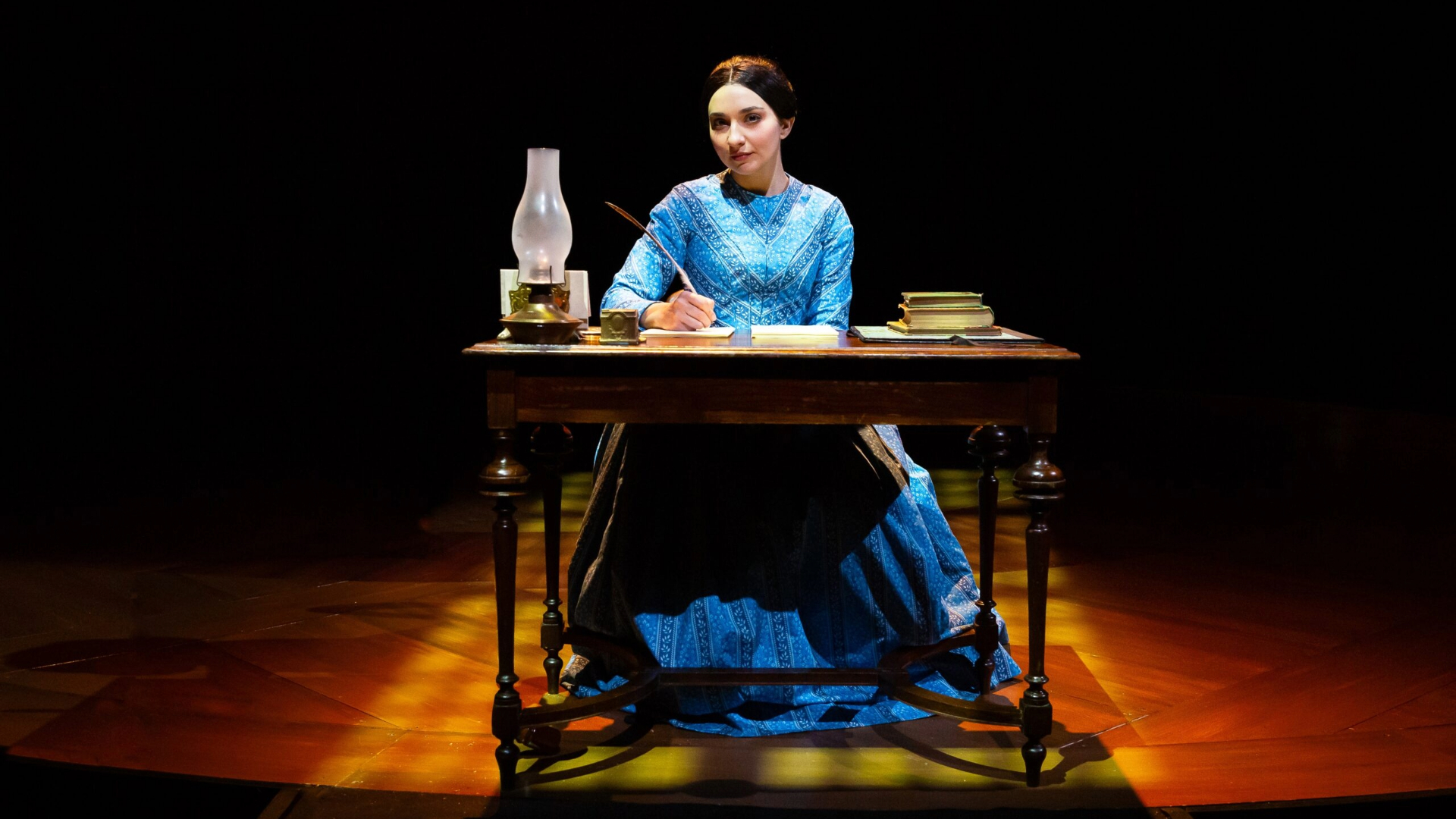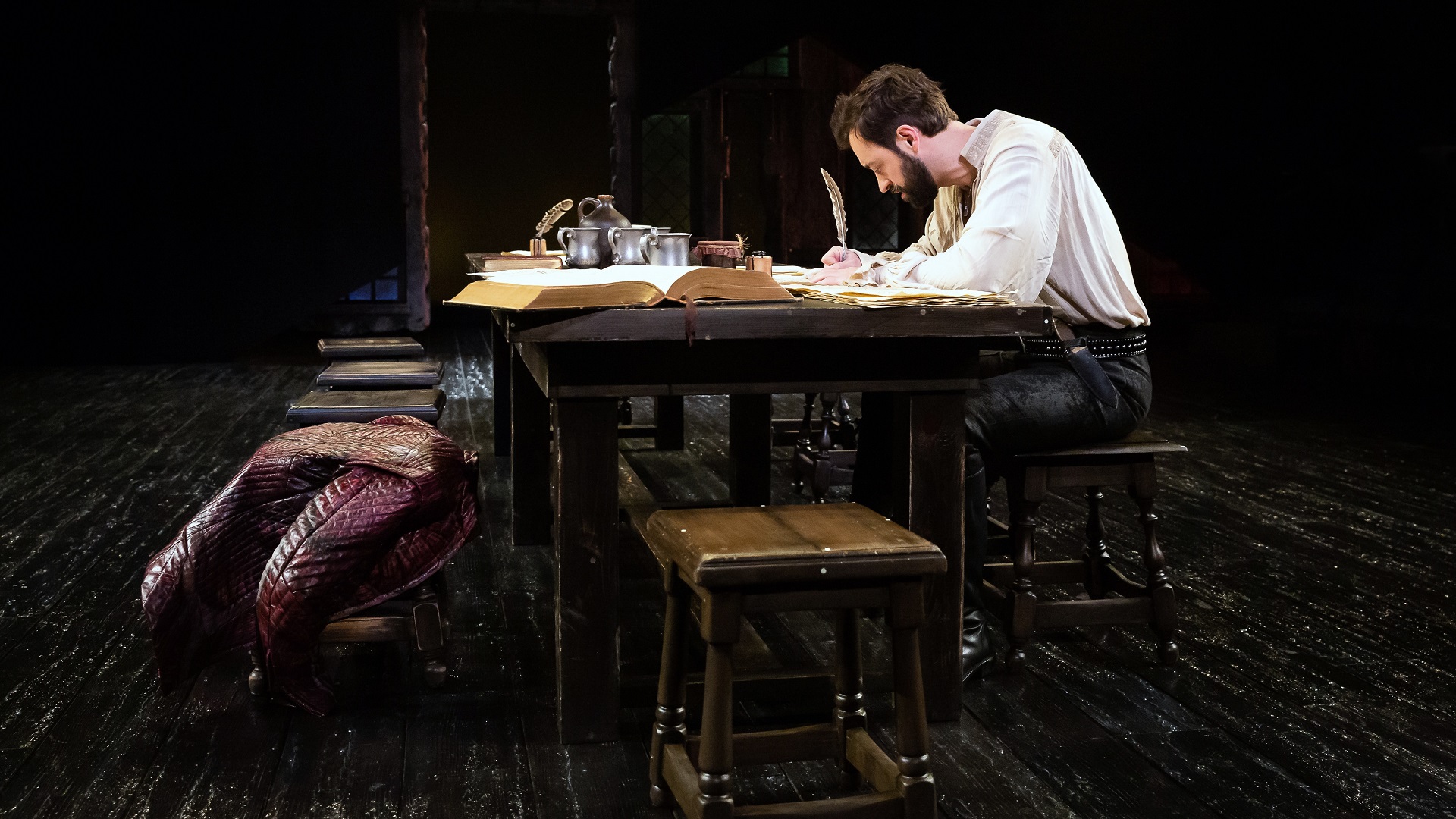The Farcical Frenzy of Noises Off: A Look at the History of a Farce
Farce is a theatre style that can be traced all the way to ancient Greece. At the time, the new style of comedy (aptly called New Comedy) was created by Greek playwright Menander. His work was so influential, that it continues reverberating through our modern understanding of comedic writing. Before the works of Menander, a large majority of comedic plays parodied political figures, public events, and mythical stories. Menander introduced characters pulled from everyday life: the jilted lover, the jealous husband, the miserly old man, the clever servant, and more. Though most of Menander’s plays were lost to history, his influence survived in the highly popular comedies of ancient Rome, which expanded on these tropes and codified them into stock characters. We still recognize many of these stock characters today—in classic plays like The Servant of Two Masters (which you may remember from the Alley’s 2022-2023 season), in more contemporary comedies like Ken Ludwig’s Lend Me A Soprano (also recently seen on the Hubbard stage), and even in modern sitcoms.

There are many ways to trace the lineage of modern farce, and in truth, there’s no single point of origin. But it’s undeniable that French comedy holds perhaps the strongest influence in our modern idea of farce. By the late 19th century, French playwright Georges Feydeau cemented our idea of the modern farce, with plays like A Flea in Her Ear and The Dupe. In writing these plays, Feydeau condensed, concentrated, and heightened the everyday antics at the heart of the New Comedy, into a manic exercise of misunderstandings bordering on the absurd. Like Menander’s original plays, Feydeau often centered on romantic relationships and infidelity, resulting in a scandalous (and hilarious) new genre referred to as bedroom farce.
In a sense, Noises Off is the quintessential bedroom farce. In fact, it’s almost a parody of the genre; it focuses on a group of actors performing in a fictional farce known as Nothing On!, whose offstage relationships mirror (and sometimes top) the ridiculous chaos of their onstage counterparts. In this way, Noises Off is both a farce and a commentary on farce. It’s a play that acknowledges the absurdity of the genre, but simultaneously reaffirms this absurdity by concluding that it is part of life both backstage and onstage. Though on the surface Noises Off may seem quite silly, it’s undoubtedly one of the most technically complex plays in the modern canon. As in all farces, Noises Off succeeds not because of its absurdity, but because of its striking ability to remain grounded in a strong internal logic, in which the various characters all operate with their own unique sets of motivations. This is the genius of Noises Off, and why it has endured as a shining example of modern farce; as in the original New Comedy, Noises Off centers on characters that are recognizably human, thrust into an impossible situation.
La farsa es un estilo teatral que tiene sus orígenes en la antigua Grecia, donde surgió una nueva forma de comedia, conocida como la Comedia Nueva, gracias al dramaturgo griego Menandro. Su obra fue tan influyente que sigue impactando nuestra visión moderna de la comedia. Antes de él, las obras cómicas se dedicaban a parodiar figuras políticas, eventos públicos y mitos. Menandro cambió todo eso, trayendo a escena personajes cotidianos: el amante despechado, el esposo celoso, el anciano avaro, el sirviente astuto, y más. Aunque la mayoría de sus obras se perdieron en el tiempo, su legado vivió a través de las comedias de la antigua Roma, que tomaron estos arquetipos y los convirtieron en personajes estereotípicos. Todavía hoy los encontramos en obras clásicas como The Servant of Two Masters (que quizás recuerdes de la temporada 2022-2023 del Alley Theatre), en comedias contemporáneas como Lend Me A Soprano de Ken Ludwig (también vista recientemente en el escenario Hubbard) y hasta en nuestras sitcoms favoritas.
Aunque hay muchas maneras de rastrear los orígenes de la farsa moderna, es innegable que la comedia francesa juega un papel clave. A finales del siglo XIX, Georges Feydeau, un maestro del caos escénico, nos dio lo que hoy entendemos como farsa moderna con obras como A Flea in Her Ear y The Dupe. Feydeau tomó las travesuras cotidianas de la Comedia Nueva y las llevó al límite, creando un torbellino de malentendidos que rozaban lo ridículo. Como Menandro, se centró en relaciones amorosas y adulterios, dando lugar a la picante “farsa de alcoba”, un género que jugaba con las tensiones de lo que ocurre dentro (y fuera) de las puertas cerradas.
Noises Off es, en muchos sentidos, la farsa de alcoba definitiva. De hecho, es casi una parodia del género: nos lleva tras el escenario con un grupo de actores que están intentando montar una farsa llamada Nothing On!. Pero lo que sucede fuera del escenario es igual o más caótico que lo que vemos sobre él. Noises Off no solo es una farsa, sino un homenaje (y crítica) a las farsas. Aborda la absurdidad del género de frente, pero también muestra que lo absurdo es inseparable de la vida misma, tanto dentro como fuera del teatro. Aunque pueda parecer una comedia ligera, Noises Off es en realidad una obra intrincadamente compleja desde el punto de vista técnico. Como en cualquier buena farsa, lo que la hace brillar no es lo ridículo, sino su capacidad para mantenerse firmemente anclada en una lógica interna precisa, con personajes que actúan desde sus propios impulsos bien definidos. Esta es la magia de Noises Off: al igual que en la Comedia Nueva de Menandro, encontramos personajes reconociblemente humanos, enfrentándose a situaciones absurdamente imposibles, y eso es lo que hace que esta obra sea un clásico moderno.
Previews for Noises Off begin September 27!



